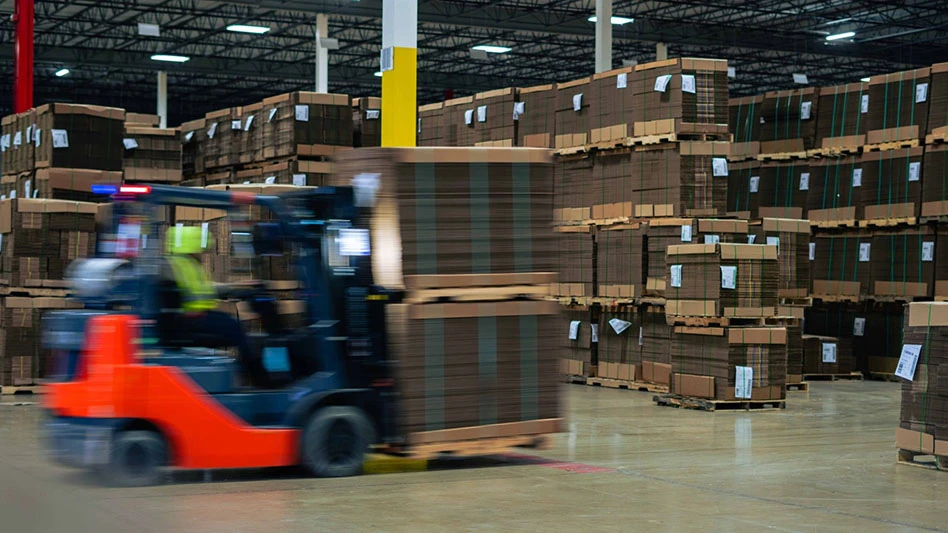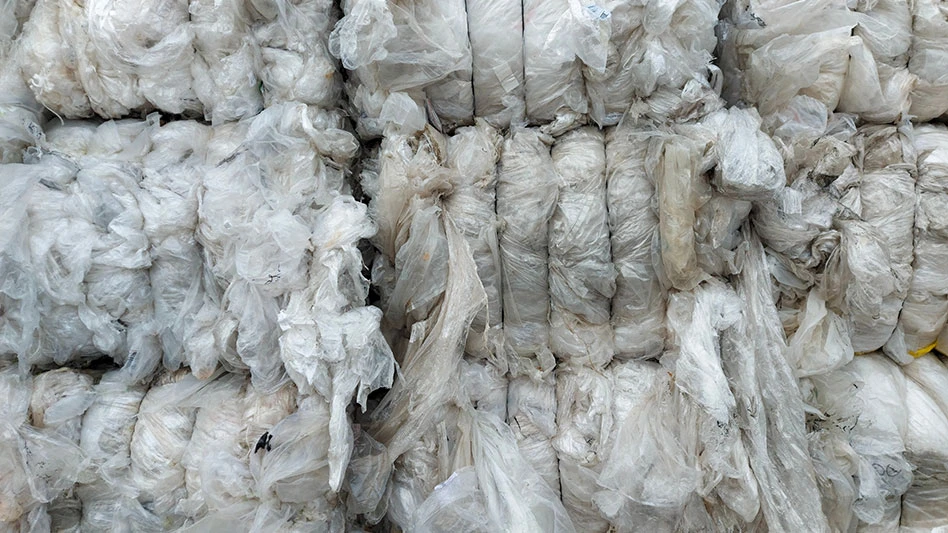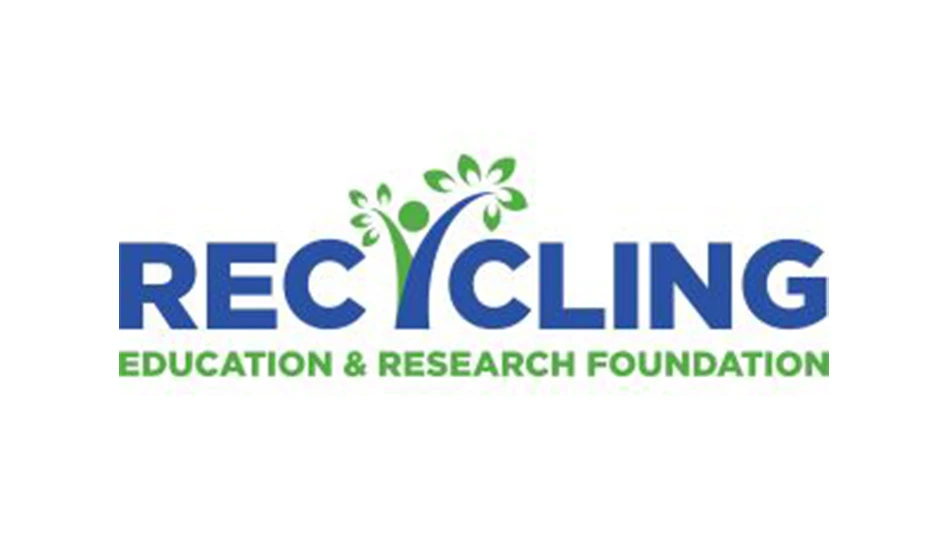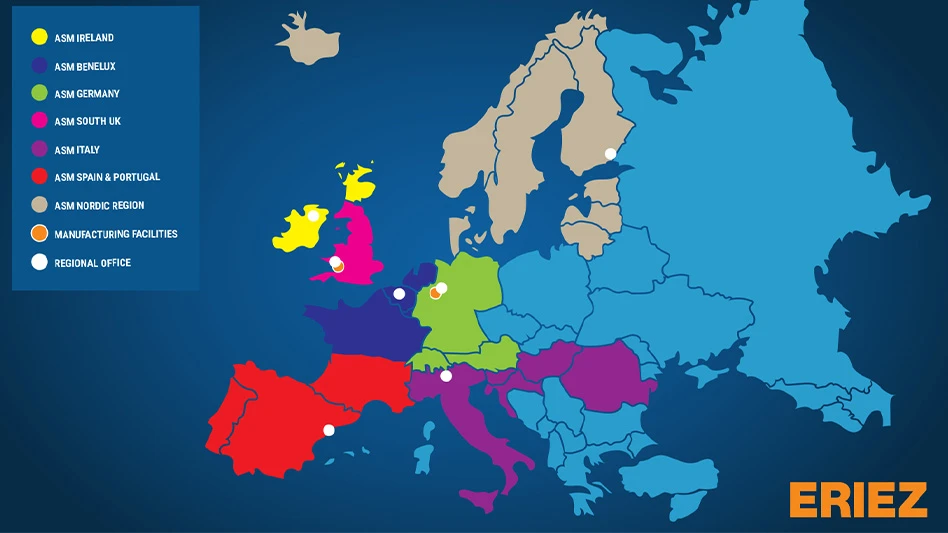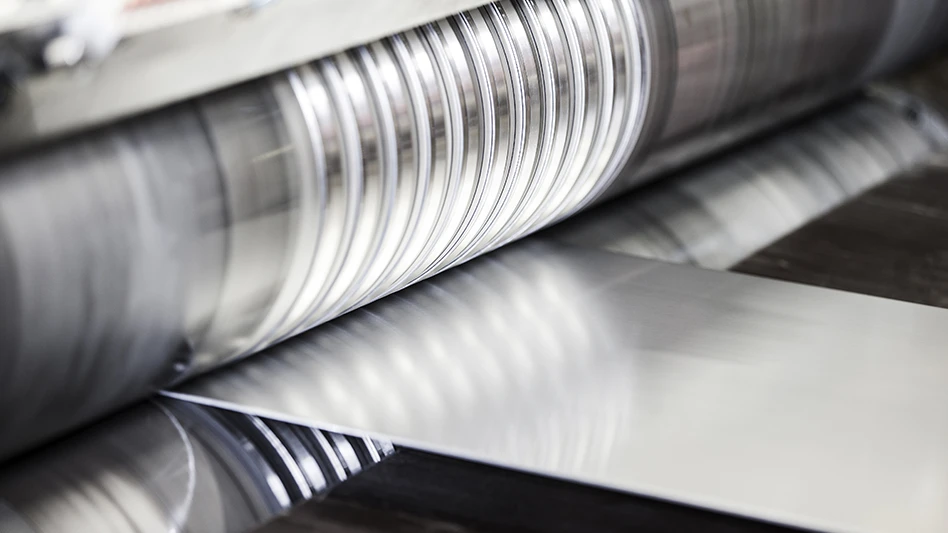
Recycling Today archives
Regional media reports in Malaysia indicate a customs department there seized seven shipping containers in May that contained electronic scrap or improperly documented aluminum scrap.
An early July report on the Malay Mail website quotes the Pahang Customs Department in that nation as saying the confiscated materials carried a value of about $1 million.
The seven containers reportedly were seized in Port Klang, Malaysia, about 25 miles from the capital city Kuala Lumpur.
The seizure is being described as an anti-smuggling operation, in part because “false declarations” were attached to the shipments, according to the Mail.
The publication says the container seizure operation was carried out by the Bentong Customs Enforcement Division in collaboration with the Selangor Department of the Environment.
In a press conference July 4, a customs official said the three e-scrap shipments had neither a permit nor a “proper customs declaration.”
Four containers described as containing “aluminum flakes” (possibly shredded metal zorba fines) were assigned a value of about $875,000 by the government officials but “were found to be falsely declared” as copper concentrate, according to the online report.
After spending the previous decade as an accepting destination for recycled materials of many types, Malaysia’s government has been leveling more scrutiny toward inbound recycled materials shipments during this decade.
According to the Seattle-based Basel Action Network, as of the beginning of this month, the Malaysian government has restricted its imports of plastic scrap to high-purity shipments of single resins, such as polypropylene, polyethylene and polyethylene terephthalate.
For metal recyclers, such a restriction may affect their ability to receive and process copper- and aluminum-bearing wire and cable materials for recycling.
Latest from Recycling Today
- CalRecycle opens comment period on proposed SB 54 revisions
- 2026 Circular Steel Summit: Taking stock of tariffs
- CDRA Conference & Tradeshow 2026: Addressing battery fire risks
- Darda equipment now available in North America
- Struktol's ZB 47 and ZB 49 improve processability in rubber compounds
- Volatility wave hits copper pricing
- ArcelorMittal legal battle with Italy continues
- Altor program boosts EPS recycling
